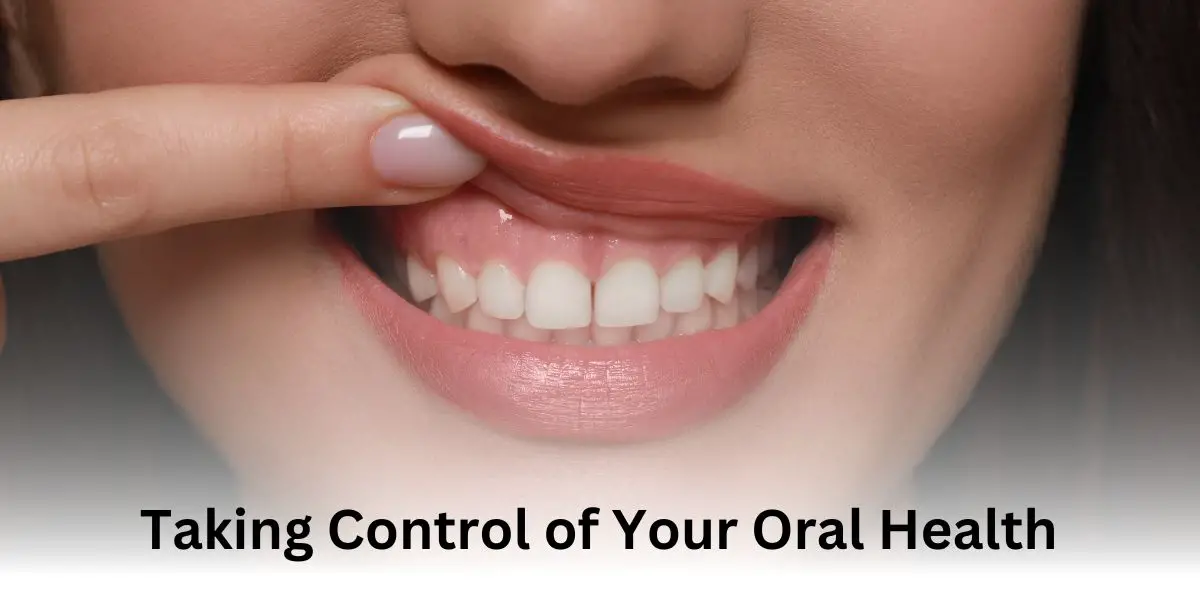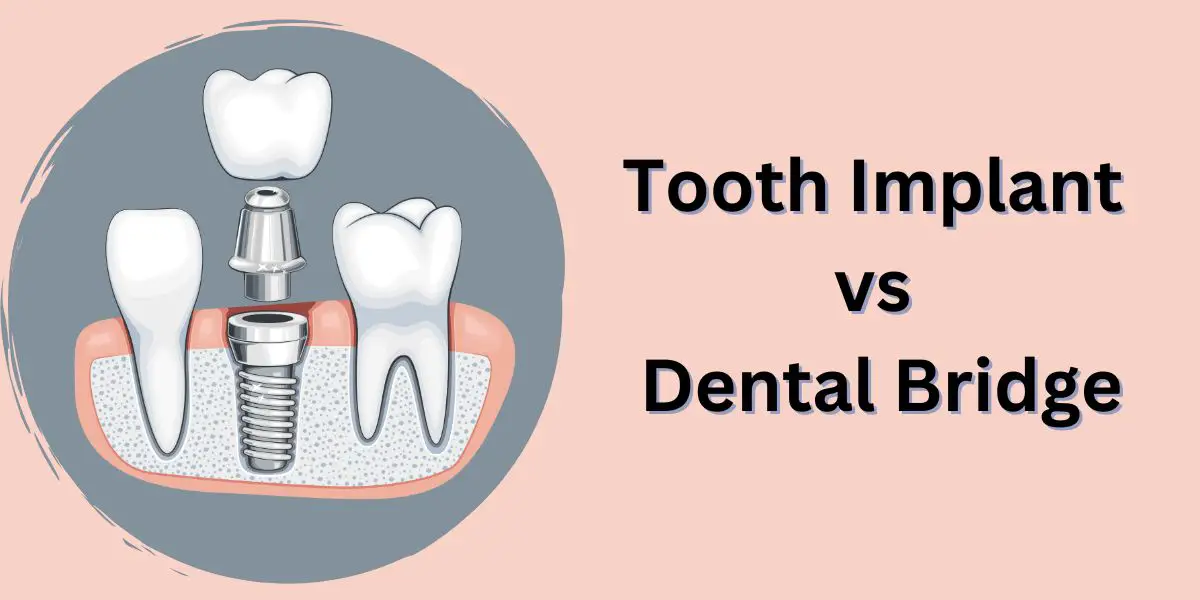Gum disease, also known as periodontal disease, is a common oral health issue that affects the gums and bones supporting the teeth. It is caused by bacteria in the mouth that lead to inflammation and infection. Without proper treatment, gum disease can progress and cause serious damage to the teeth and gums. However, with proper self-care and treatment, gum disease can be managed effectively.
Understanding Gum Disease
What is Gum Disease?
Gum disease is a bacterial infection that affects the gums and bones supporting the teeth. It is characterized by inflammation, bleeding, and sometimes, pain in the gums.
Causes of Gum Disease
Gum disease is primarily caused by poor oral hygiene, which allows bacteria to build up on the teeth and gums. Other factors, such as smoking, hormonal changes, and certain medications, can also contribute to the development of gum disease.
Signs and Symptoms of Gum Disease
Early Signs
- Red, swollen gums
- Bleeding gums during brushing or flossing
- Bad breath
- Receding gums
Advanced Signs
- Loose teeth
- Pus between the teeth and gums
- Changes in bite
- Gum abscesses
Importance of Self-Care for Gum Disease
Self-care plays a crucial role in managing gum disease and preventing its progression. It helps to reduce inflammation, control bacterial growth, and maintain overall oral health.
Preventing Gum Disease Progression
- Regular brushing and flossing to remove plaque
- Using an antibacterial mouthwash to reduce bacteria
- Avoiding tobacco products, which can worsen gum disease
Maintaining Oral Health
- Eating a healthy diet rich in vitamins and minerals
- Avoiding sugary and acidic foods, which can contribute to plaque buildup
- Drinking plenty of water to keep the mouth hydrated and wash away food particles
Also Read: Top 10 High Protein Dry Fruits for Health
Effective Self-Care Practices
Daily Brushing and Flossing
- Brushing teeth twice a day with a fluoride toothpaste
- Flossing once a day to remove plaque from between teeth
Using Mouthwash
- Using an antiseptic mouthwash to reduce bacteria in the mouth
Regular Dental Check-ups
- Visiting the dentist regularly for check-ups and professional cleanings
Healthy Diet and Lifestyle Choices
- Eating a balanced diet rich in fruits, vegetables, and whole grains
- Avoiding sugary snacks and beverages
- Limiting alcohol consumption and quitting smoking
Home Remedies for Gum Disease
Saltwater Rinse
- Gargling with warm salt water to reduce inflammation and kill bacteria
Tea Tree Oil
- Using tea tree oil as a natural antiseptic for the gums
Aloe Vera
- Applying aloe vera gel to the gums to reduce inflammation and promote healing
Also Read: Are you looking to reduce your intake of refined sugars?
Professional Treatments for Gum Disease
Scaling and Root Planing
- Removing plaque and tartar from the teeth and roots
- Smoothing the roots to prevent bacterial buildup
Antibiotics
- Taking antibiotics to control bacterial infection
- Using antibiotic mouthwash to reduce bacteria in the mouth
Gum Surgery
- Surgical procedures to remove infected gum tissue and promote gum regeneration
Preventing Gum Disease
Regular Dental Visits
- Visiting the dentist every six months for check-ups and cleanings
Lifestyle Changes
- Quitting smoking
- Managing stress
- Eating a healthy diet
In conclusion, gum disease is a common oral health issue that can be effectively managed with proper self-care and treatment. By following a good oral hygiene routine, eating a healthy diet, and avoiding tobacco products, you can protect your gums and teeth from the damaging effects of gum disease.
Also Read: Are Potatoes Gluten-Free?
FAQs
Q1: Can gum disease be reversed?
A: Yes, early-stage gum disease (gingivitis) can be reversed with proper oral hygiene and professional treatment. However, advanced gum disease (periodontitis) may require more intensive treatment.
Q2: How often should I visit the dentist for check-ups?
A: It is recommended to visit the dentist every six months for regular check-ups and professional cleanings. However, if you have gum disease or other oral health issues, your dentist may recommend more frequent visits.
Q3: Are there any natural remedies for gum disease?
A: Yes, some natural remedies, such as saltwater rinses, tea tree oil, and aloe vera, may help reduce inflammation and promote healing in the gums. However, these remedies should be used in conjunction with regular dental care.
Q4: Can gum disease lead to other health problems?
A: Yes, gum disease has been linked to other health problems, such as heart disease, diabetes, and respiratory infections. It is important to treat gum disease promptly to reduce the risk of these complications.
Q5: How can I tell if I have gum disease?
A: Common signs of gum disease include red, swollen gums, bleeding gums, bad breath, and receding gums. If you experience any of these symptoms, it is important to see your dentist for an evaluation.



